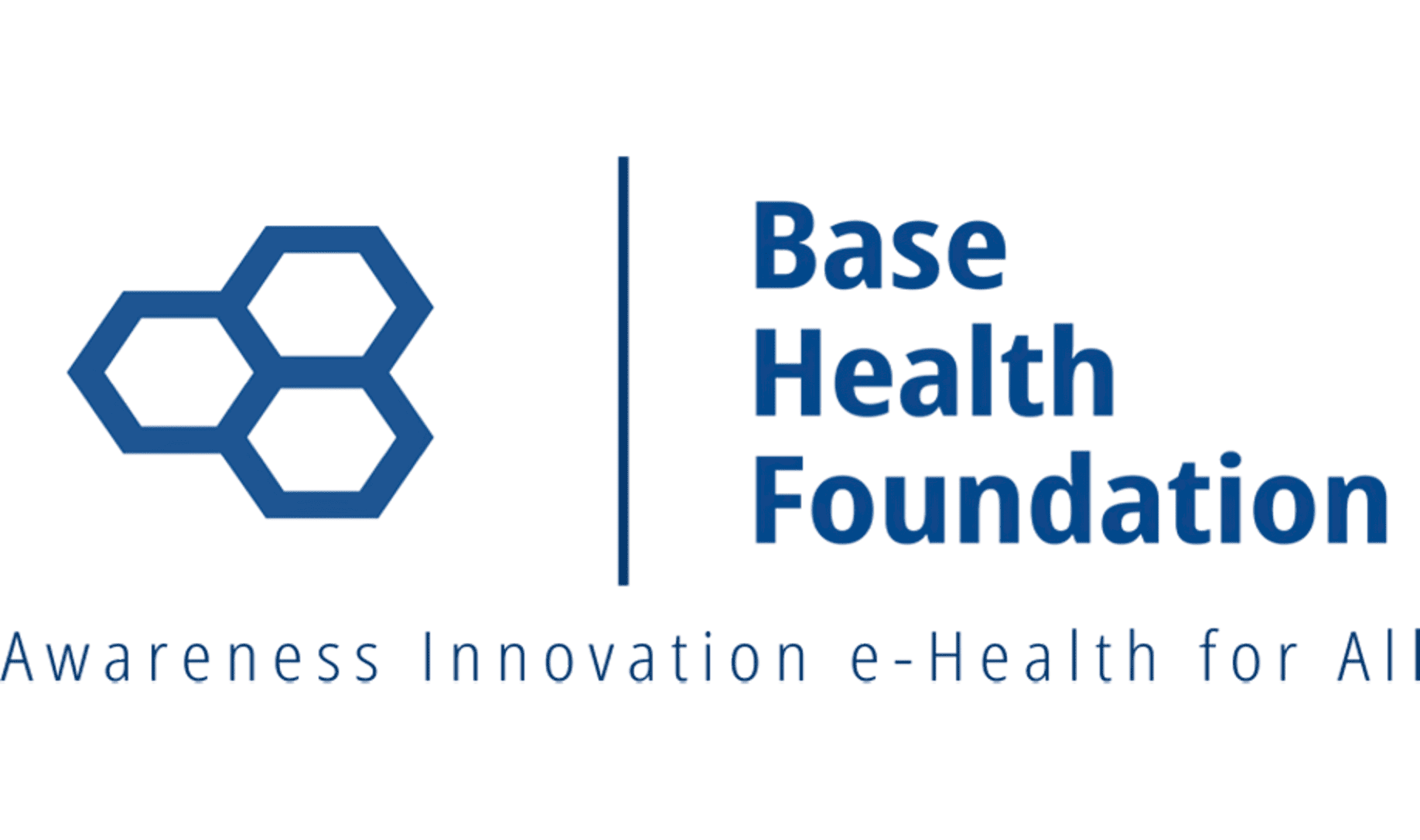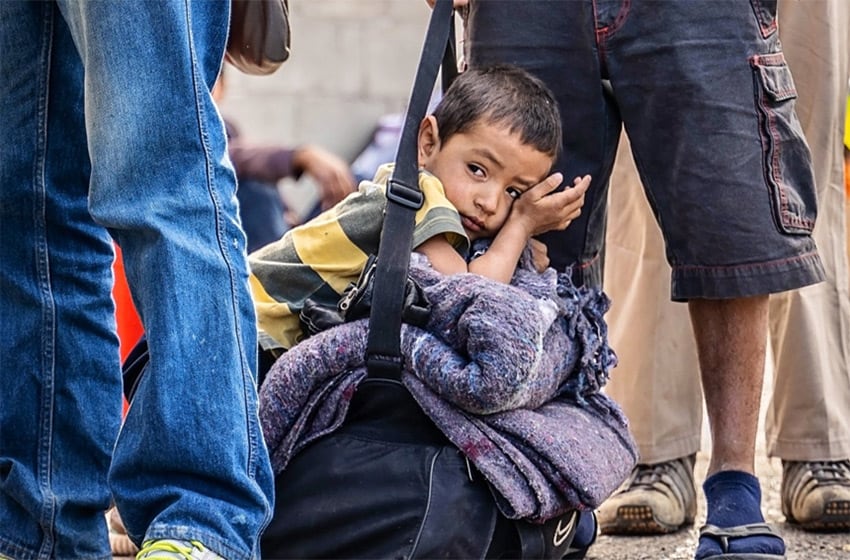How Freedom Story Fostered Resilience to Flooding in Bangladesh: A Story of Empowerment and Community-Driven Change
Introduction
Bangladesh, a country nestled in the delta of the Ganges, Brahmaputra, and Meghna rivers, is renowned for its lush greenery and vibrant culture. However, its geographical location and climatic conditions make it one of the most flood-prone countries in the world. Every year, during the monsoon season, millions of people are affected by devastating floods that cause immense damage to property, infrastructure, and livelihoods. In the face of this recurring challenge, building resilience to flooding has become a critical priority for Bangladesh.
Freedom Story, a non-profit organization dedicated to empowering individuals and communities to overcome adversity, has emerged as a key player in fostering resilience to flooding in Bangladesh. Through its innovative programs and community-driven approach, Freedom Story is helping to transform the way people in Bangladesh cope with and recover from floods. This essay delves into the various ways in which Freedom Story has fostered resilience to flooding in Bangladesh, highlighting its key initiatives, impact, challenges, and the lessons learned.
Understanding the Context: Flooding in Bangladesh
Bangladesh is a low-lying deltaic country with a dense population, making it highly vulnerable to flooding. Several factors contribute to the country’s susceptibility to floods:
- Heavy monsoon rains: Bangladesh experiences a monsoon season from June to September, characterized by heavy rainfall that often leads to overflowing rivers and flash floods.
- Melting Himalayan glaciers: The melting of glaciers in the Himalayas increases the flow of water into the major rivers that traverse Bangladesh, contributing to flooding during the monsoon season.
- Cyclones and storm surges: The Bay of Bengal, located to the south of Bangladesh, is prone to cyclones and storm surges that can cause coastal flooding and inundation of low-lying areas.
- Deforestation and land degradation: Deforestation and unsustainable land use practices in the upstream regions of the major rivers reduce the water retention capacity of the soil, leading to increased runoff and flooding downstream.
- Inadequate infrastructure: The lack of adequate drainage systems, embankments, and flood shelters exacerbates the impact of floods, particularly in densely populated urban areas.
The consequences of flooding in Bangladesh are severe and wide-ranging. They include:
- Loss of life and displacement: Floods claim numerous lives every year and displace millions of people, forcing them to seek shelter in temporary camps or with relatives and friends.
- Damage to property and infrastructure: Homes, businesses, roads, bridges, and other critical infrastructure are often damaged or destroyed by floods, leading to significant economic losses.
- Disruption of essential services: Flooding disrupts essential services such as transportation, healthcare, and education, making it difficult for people to access basic necessities.
- Agricultural losses: Floods inundate vast tracts of agricultural land, destroying crops and livestock, and impacting food security.
- Public health risks: Floods increase the risk of waterborne diseases, such as cholera and diarrhea, as well as vector-borne diseases like malaria and dengue fever.
- Psychological trauma: The trauma and stress associated with flooding can have long-lasting effects on mental health, particularly among vulnerable populations.
Freedom Story’s Approach to Building Resilience
Freedom Story recognizes that building resilience to flooding in Bangladesh requires a multi-faceted approach that addresses both the immediate and long-term needs of affected communities. The organization’s work is guided by the following principles:
- Community empowerment: Freedom Story believes that communities are best equipped to identify their own needs and develop solutions that are sustainable and culturally appropriate. The organization works closely with local communities to build their capacity to prepare for, respond to, and recover from floods.
- Sustainability: Freedom Story’s programs are designed to promote long-term resilience and self-reliance. The organization focuses on building local capacity and empowering communities to take ownership of their disaster risk reduction efforts.
- Innovation: Freedom Story is constantly exploring new and innovative approaches to building resilience. The organization uses technology, research, and community-based knowledge to develop effective and sustainable solutions.
- Collaboration: Freedom Story recognizes that no single organization can address the complex challenges posed by flooding. The organization works in partnership with government agencies, NGOs, and the private sector to leverage resources and expertise.
Key Initiatives of Freedom Story
Freedom Story has implemented a range of initiatives to foster resilience to flooding in Bangladesh, including:
- Community-Based Disaster Risk Reduction (CBDRR): Freedom Story works with communities to identify their vulnerabilities, develop risk reduction plans, and implement early warning systems. The organization also trains community members in disaster preparedness and response skills, empowering them to take action to protect themselves and their families during floods.
- Education and Awareness Raising: Freedom Story conducts workshops, training sessions, and awareness campaigns to educate communities about flood risks, preparedness measures, and response strategies. The organization also uses innovative tools, such as mobile apps and games, to reach a wider audience and make learning fun and engaging.
- Livelihood Support and Economic Empowerment: Freedom Story provides livelihood support and economic empowerment programs to help flood-affected communities rebuild their lives and regain their economic independence. The organization offers vocational training, microfinance loans, and support for small businesses.
- Psychosocial Support and Mental Health: Freedom Story recognizes the importance of addressing the psychological and emotional impacts of flooding. The organization provides counseling, group therapy, and other mental health services to help individuals and communities cope with the trauma and stress associated with disasters.
- Advocacy and Policy Engagement: Freedom Story engages in advocacy and policy dialogue to promote sustainable development practices, climate change adaptation, and disaster risk reduction measures. The organization works with government agencies and other stakeholders to ensure that the voices of flood-affected communities are heard and their needs are addressed.
Impact of Freedom Story’s Work
Freedom Story’s work has had a significant impact on building resilience to flooding in Bangladesh. The organization has:
- Empowered communities to take ownership of their disaster preparedness and response efforts.
- Increased awareness and knowledge about flood risks and mitigation measures.
- Provided livelihood support and economic empowerment opportunities to affected communities.
- Offered psychosocial support and mental health services to individuals and communities.
- Advocated for policy changes and sustainable development practices.
These efforts have contributed to reducing the vulnerability of communities to floods and enhancing their ability to cope with and recover from disasters. The organization’s work has been recognized both nationally and internationally, and it has received numerous awards and accolades for its innovative and impactful programs.
Challenges and Lessons Learned
While Freedom Story has made significant strides in fostering resilience to flooding in Bangladesh, it has also faced several challenges along the way. Some of the key challenges include:
- Limited resources: The scale of the flooding problem in Bangladesh is immense, and Freedom Story’s resources are limited. The organization is constantly seeking new funding sources and partnerships to expand its reach and impact.
- Geographical constraints: Bangladesh’s vast and diverse geography poses challenges for reaching remote and marginalized communities. Freedom Story is constantly exploring new ways to overcome these geographical barriers and ensure that its programs are accessible to all.
- Sustainability: Ensuring the long-term sustainability of its programs is a key challenge for Freedom Story. The organization is working to build local capacity and empower communities to take ownership of their disaster risk reduction efforts, so that they can continue to thrive even after Freedom Story’s direct involvement ends.
Through its experiences, Freedom Story has learned several valuable lessons that can inform future efforts to build resilience to flooding in Bangladesh:
- Community participation is key: The most effective resilience-building programs are those that are designed and implemented in partnership with local communities.
- Education and awareness raising are essential: Providing communities with the knowledge and skills they need to understand and manage flood risks is critical.
- Livelihood support and economic empowerment are crucial: Helping affected communities to rebuild their lives and regain their economic independence is essential for long-term recovery and resilience.
- Psychosocial support and mental health services are vital: Addressing the emotional and psychological impacts of flooding is essential for fostering community well-being and resilience.
- Advocacy and policy engagement are necessary: Advocating for policy changes and sustainable development practices is critical to addressing the root causes of flooding and building a more resilient future.
Conclusion
Freedom Story’s work in fostering resilience to flooding in Bangladesh is a shining example of how a community-driven approach can empower individuals and communities to overcome adversity. Through its innovative programs and unwavering commitment to its mission, Freedom Story is making a lasting impact on the lives of people in Bangladesh, helping them to build a more resilient and sustainable future.
The challenges posed by climate change and natural disasters are significant, but the work of organizations like Freedom Story demonstrates that through collaboration, innovation, and a focus on community empowerment, we can build a world where people are better prepared to cope with and recover from adversity. As Bangladesh continues to face the threat of flooding, Freedom Story’s work will remain crucial in helping communities to build resilience and thrive in the face of this recurring challenge.

